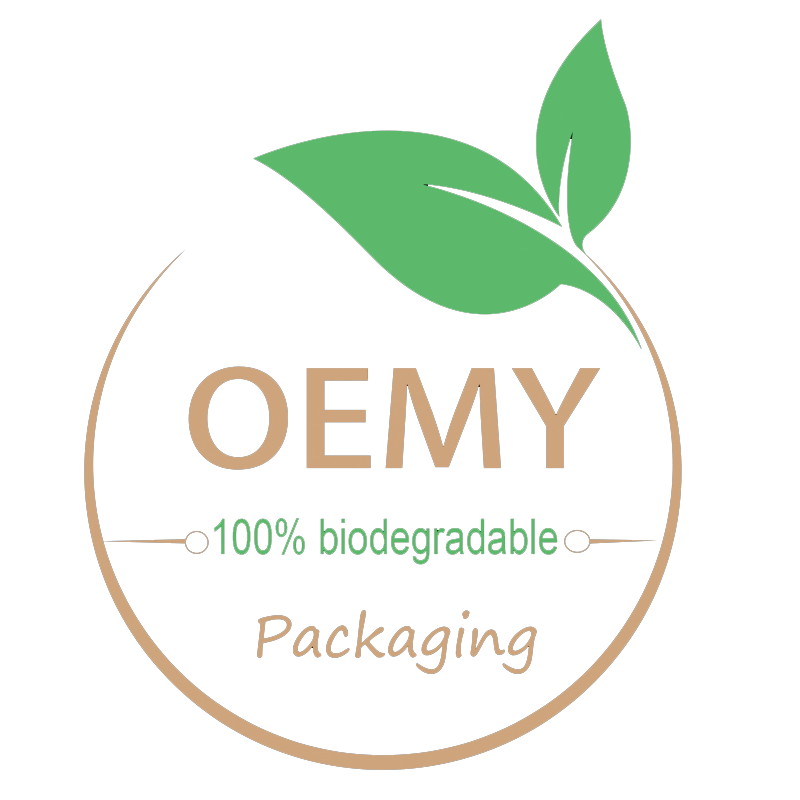As the world shifts toward sustainability, understanding the key differences between biodegradable and ordinary plastic packaging bags becomes crucial for businesses and consumers alike. Here’s a breakdown of how these two options compare in terms of materials, environmental impact, and practicality.
1. Material Composition
Biodegradable Bags: Made from plant-based materials like cornstarch (PLA), PBAT, or compostable kraft paper, these bags break down naturally under specific conditions.
Ordinary Plastic Bags: Typically derived from petroleum-based polyethylene (PE) or polypropylene (PP), which can persist in the environment for centuries.
2. Decomposition Process
Biodegradable Bags: Decompose into water, CO₂, and biomass within months to years in industrial composting facilities (or longer in home compost).
Plastic Bags: Fragment into microplastics over 100+ years, contaminating soil and waterways without fully breaking down.
3. Environmental Impact
Biodegradable Bags: Reduce landfill waste and microplastic pollution but require proper composting infrastructure.
Plastic Bags: Contribute to ocean pollution, harm wildlife, and account for ~10% of global plastic waste.
4. Cost & Accessibility
Biodegradable Bags: 20-50% more expensive than plastic due to raw material costs but prices are dropping as demand grows.
Plastic Bags: Cheap to produce but increasingly taxed/banned worldwide (e.g., EU Single-Use Plastics Directive).
5. Performance Differences
Strength: Some biodegradable materials are less durable than plastic in wet/humid conditions.
Versatility: Plastic offers superior moisture/oxygen barriers, while compostable bags excel in dry goods packaging.
6. Certifications Matter
Look for labels like BPI (USA), OK Compost (EU), or ASTM D6400 to ensure bags meet biodegradability standards. Greenwashing is common—some "biodegradable" bags still contain plastic additives.
The Bottom Line
Biodegradable bags are a sustainable alternative if properly disposed of, while ordinary plastic remains a persistent pollutant. Businesses transitioning to eco-packaging should weigh cost, functionality, and end-of-life disposal options.
Awesome! Share to:
Related Posts
- ◉ Is Your Coffee Packaging Preserving Flavor as Well as It Could?
- ◉ What Technical Evaluators Need to Know About 3D Packaging
- ◉ How to Choose Between Stand-Up Pouches and Traditional Packaging
- ◉ The Pet Economy Demands Better Packaging - Here's What's Changing
- ◉ Coffee Packaging Preservation Technology That Extends Freshness
Get in Touch
*We respect your confidentiality and all information are protected.
